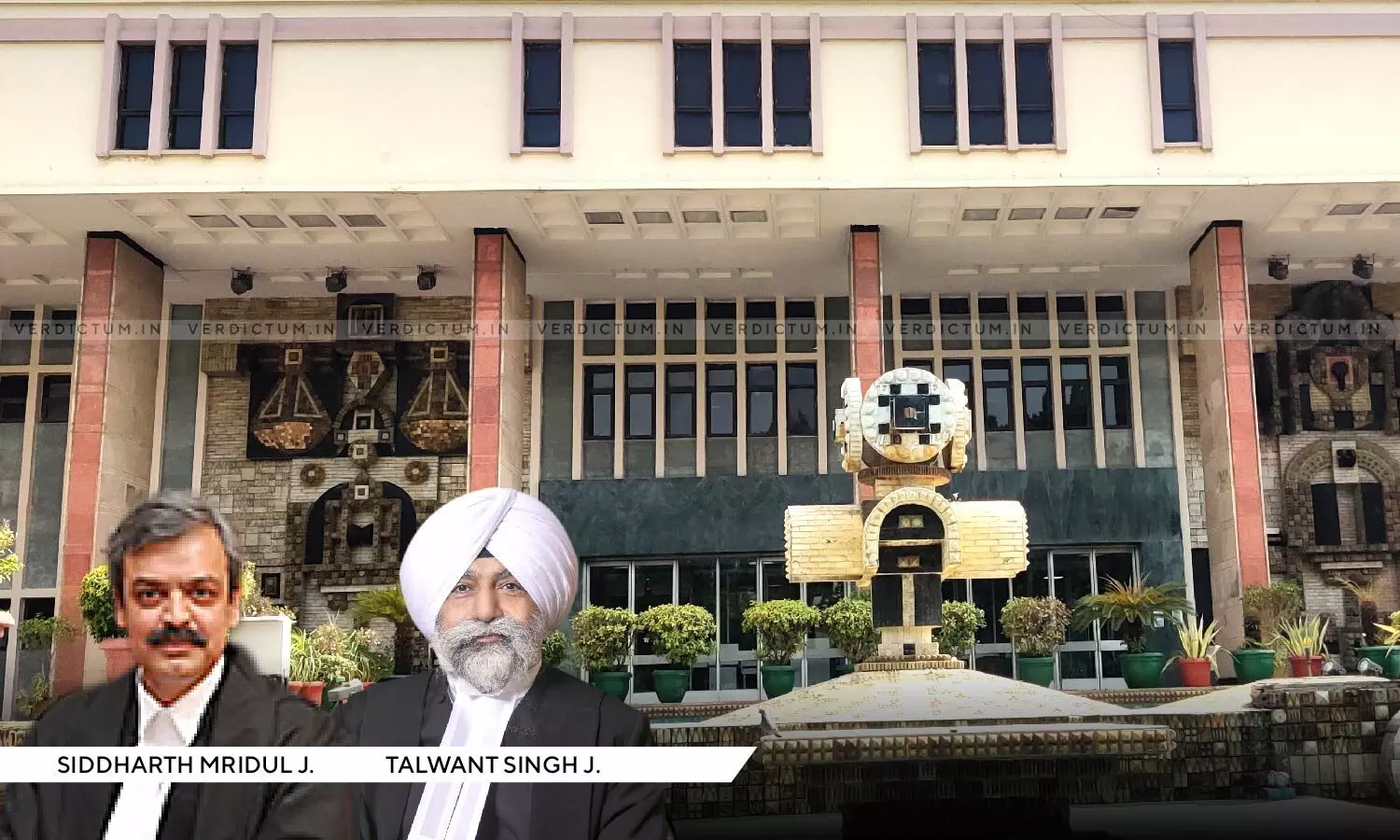
Gautam Navlakha Is Not A Template, No Provision In Law For House Arrest- Delhi HC To PFI Leader
 |
|The Delhi High Court on Monday refused to put E Abubacker, the jailed former chairman of the Popular Front of India, under house arrest and said he will be admitted to a hospital for treatment if required.
"When you are asking for medical bail, why should we send you to your house? We will send you to a hospital," observed a bench of Justice Siddharth Mridul and Justice Talwant Singh.
The Court made the observations while hearing Abubacker's plea against a trial court order refusing to release him on medical grounds.
Last month, Abubacker's counsel had said the 70-year-old had cancer and Parkinson's disease and was in "great pain" for which he needed urgent medical attention.
Abubacker was arrested by anti-terror probe agency NIA during a massive crackdown on the now banned organisation earlier this year and is in judicial custody.
The Bench on Monday remarked there was no provision in law for "house arrest" and directed that Abubacker be "escorted safely" to the All India Institute Of Medical Sciences (AIIMS) in custody for an oncosurgery review on December 22. It also permitted his son to remain present at the time of consultation.
"We are not granting you house arrest. There is no provision in law for house arrest. The honourable Supreme Court has powers which this court does not (have)," the Court said.
"We don't see anything appropriate in this (the plea) because no surgery has been recommended. We can't grant you house arrest, first of all. If your medical condition requires hospitalisation, we can direct hospitalisation. We may permit an attendant. We are not permitting anything else," added the Court.
"He is entitled to medical treatment and that we will provide," the Court said.
The Court listed the case for further consideration in January next year and directed the jail medical superintendent to file a report on the consultation with the oncosurgery department of AIIMS.
Advocate Adit Pujari, appearing for Abubacker, argued that he needed constant monitoring and treatment and, even if he is placed under house arrest, there will be no "qualitative difference" for the investigating agency.
He also cited the Supreme Court's order placing activist Gautam Navlakha, an accused in the Elgar Parishad-Maoist links case in Maharashtra, under house arrest and claimed Abubacker's condition was worse. The lawyer pointed out that Navlakha has also been booked under anti-terror law UAPA.
"He (Navlakha) is 70, I am 70 He has possibility of cancer, I have cancer. He does not have Parkinson's, I have Parkinson's. He had attendants in jail but I did not. The person to diagnose him was stated to be his brother-in-law I have no such person in the medical field in my family," Pujari argued.
The Court, however, said the accused, who was seeking release on medical grounds, will not get any medical treatment while under house arrest and that the order passed in Navlakha's case was not a template.
"It (house arrest) has to be on the facts of the case. Gautam Navlakha is not a template," the Court remarked.
Last month, the Supreme Court had allowed Navlakha to be put under house arrest for a month with certain conditions.
Special Public Prosecutor Akshai Malik, appearing for the National Investigation Agency (NIA), stated the accused was being provided "best possible treatment" and he was due to meet an oncologist on December 22.
Last week, he had said Abubacker was "absolutely fine" and receiving treatment. The Court had said last month that requisite medical treatment will be provided to the accused while rejecting the submission that he should be under house arrest.
"We are not inclined to do that. AIIMS is a premier hospital in the country. If you are using this as a pretext for house arrest, we are not granting that. We are only concerned with his medical condition," the Court had said.
The Court also said it was going to hear the appeal for medical treatment and the accused could approach the trial court for seeking regular bail. The NIA said it had no objection to the accused getting medical treatment in custody while the case was under investigation.
A large number of alleged PFI activists were detained or arrested in several states during the massive raids preceding the nationwide ban imposed on the outfit on September 28.
The government banned the PFI and several of its associate organisations for five years under the stringent anti-terror law UAPA, accusing them of having "links" with global terror groups like the ISIS.
With PTI inputs